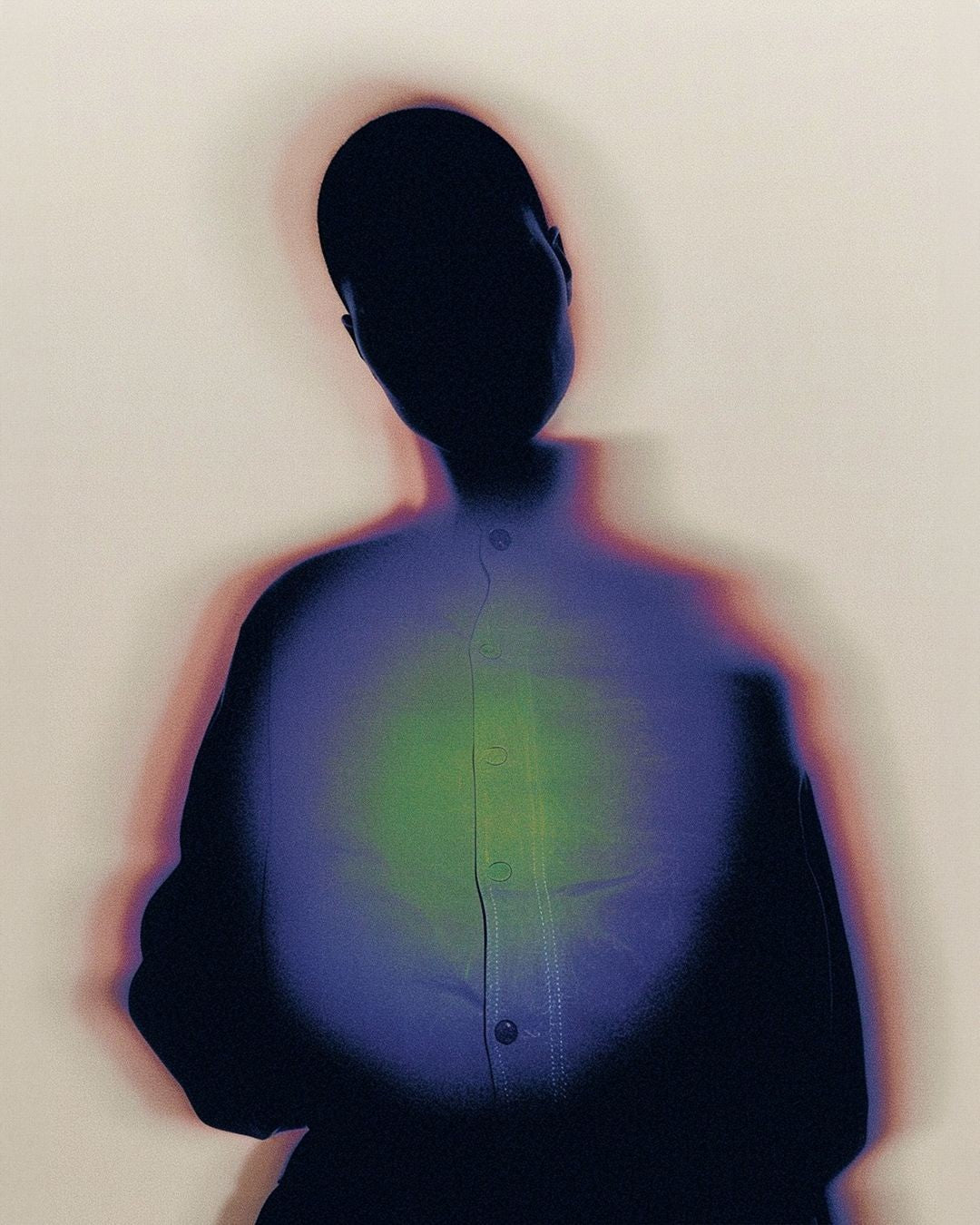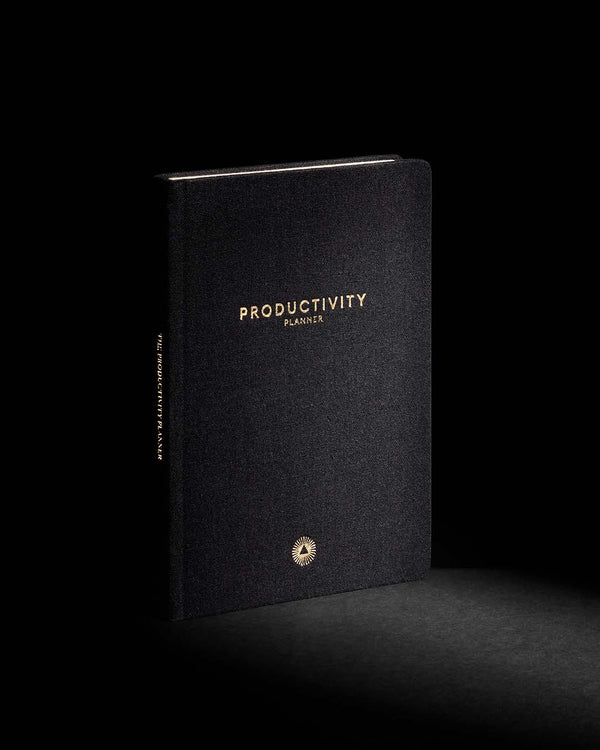Drowning in Advice? Here's How to Hear Yourself Again

There’s a new podcast episode every morning. A fresh carousel of expert opinions before you even brush your teeth. Every scroll brings another voice telling you what to do, how to think, who to become. Self-help used to be a quiet corner of the bookstore. Now it’s a 24/7 feed. Endless videos, newsletters, masterclasses, life lessons, think pieces. All promising to help you grow, evolve, become better. Richer. Healthier. Happier.
But the paradox is that the more we consume, the more disconnected we often feel. Disoriented. Burnt out. Paralyzed by possibility.
So it comes down to this: you don’t need more content. You need more clarity. In the age of information abundance, the greatest challenge isn’t access. It’s discernment. Knowing not what to consume, but how to process. Not who to follow, but how to return to yourself.
Let’s talk about the cost of constant input and how to start thinking for yourself again.
When input becomes overload (and overload becomes noise)
We’re more “informed” than ever. But not necessarily wiser. Why? Because input isn’t the same as insight. Listening isn’t the same as integrating. Consuming isn’t the same as becoming.
The danger of constant input is that it leaves no space to connect the dots. You read one thing, save another, scroll through 10 more, and by the end of the day, your brain feels bloated but strangely empty. You’re full of other people’s ideas, yet unsure about your own.
This information overflow can start to erode your inner voice. When you constantly absorb external advice, you stop asking What do I think? What do I know to be true? You outsource your authority. And eventually, you stop trusting your own judgment.
Why we confuse more input with more growth
Let’s be honest: learning feels productive. Highlighting a book, nodding to a podcast, joining a course… All of it gives you the dopamine of progress. But growth doesn’t come from collecting wisdom. It comes from living it. Both you and I know growth is not passive. It doesn’t happen because you followed five experts on Instagram. Or finished a Substack deep dive on identity.
Growth requires integration.
Testing, tweaking, reflecting, applying.
It asks you to sit with discomfort. To unlearn. To change.
But we skip that part. We chase the next insight, believing the next one will be the one that finally changes everything. That finally fixes us. But one of the propagandas you should stop falling for is that you’re broken. You are not. You’re overstimulated. Your mind is tired of keeping up with opinions that don’t belong to you. The real work is not collecting more input. It’s figuring out what actually resonates with you and letting go of the rest.
The real reason we’re addicted to advice
At some point, we stopped consuming content simply because it’s helpful. We started consuming it because it feels safer than making a decision. So, when you really think about it, constant input can be masking fear of doing the wrong thing, fear of missing the better option, discomfort with silence, avoidance of action, lack of trust in your inner compass.
As long as you’re consuming, you don’t have to commit. You can stay in this grey area of “research.” You don’t have to risk being wrong. You don’t have to take the leap. But clarity doesn’t come from more advice. It comes from making a choice. You don’t need 17 podcasts to validate your next step. You need space to hear your own direction and, most importantly, courage to follow it.
The difference between consuming and integrating
There’s nothing wrong with learning, following people who inspire you, or reading ideas that challenge your perspective. But here’s the shift you can implement: consume with curiosity, not dependency.
Every piece of input you absorb should pass through a filter:
Does this speak to my truth?
Do I need this now or am I just filling space?
Will I actually do something with this?
Did I have time to digest what I already took in?
If your input is 10x your reflection, you’re not growing. You’re just stockpiling. Make space to turn ideas into insight. Let your own perspective form. Otherwise, your mind becomes a storage unit instead of a creative force.
So, this leads to creating white space, on purpose. Reclaiming integration time and space for your own mind to breathe.
Take breaks from content
Go on input detoxes: no podcasts, no articles, no videos. Even a single day helps. Let your brain be bored. Let it wander.
Default to journaling before Googling or asking AI
Ask yourself first. Write out what you think. Then check outside if you still feel unsure.
Practice mindful intake
Choose one voice at a time. Follow fewer experts, more intentionally. Give yourself time to engage deeply, not consume passively.
Talk to yourself
Not in a weird way. Just check in: Do I actually believe this? What’s my version of this? Build the habit of self-inquiry.
Be okay with not knowing
You’re not supposed to have all the answers yet. Curiosity and exploration are catalysts of growth.
______________
You don’t need more expert opinions. You need more self-trust. You don’t need another template. You need a room to experiment, to listen inward, to think differently. The next step isn’t “out there.” It’s in you.
So here’s a radical idea: slow down your learning to speed up your alignment. Limit your input to reconnect with your instincts. Replace constant advice with intentional action. Because the more space you give your inner voice, the louder it becomes.







